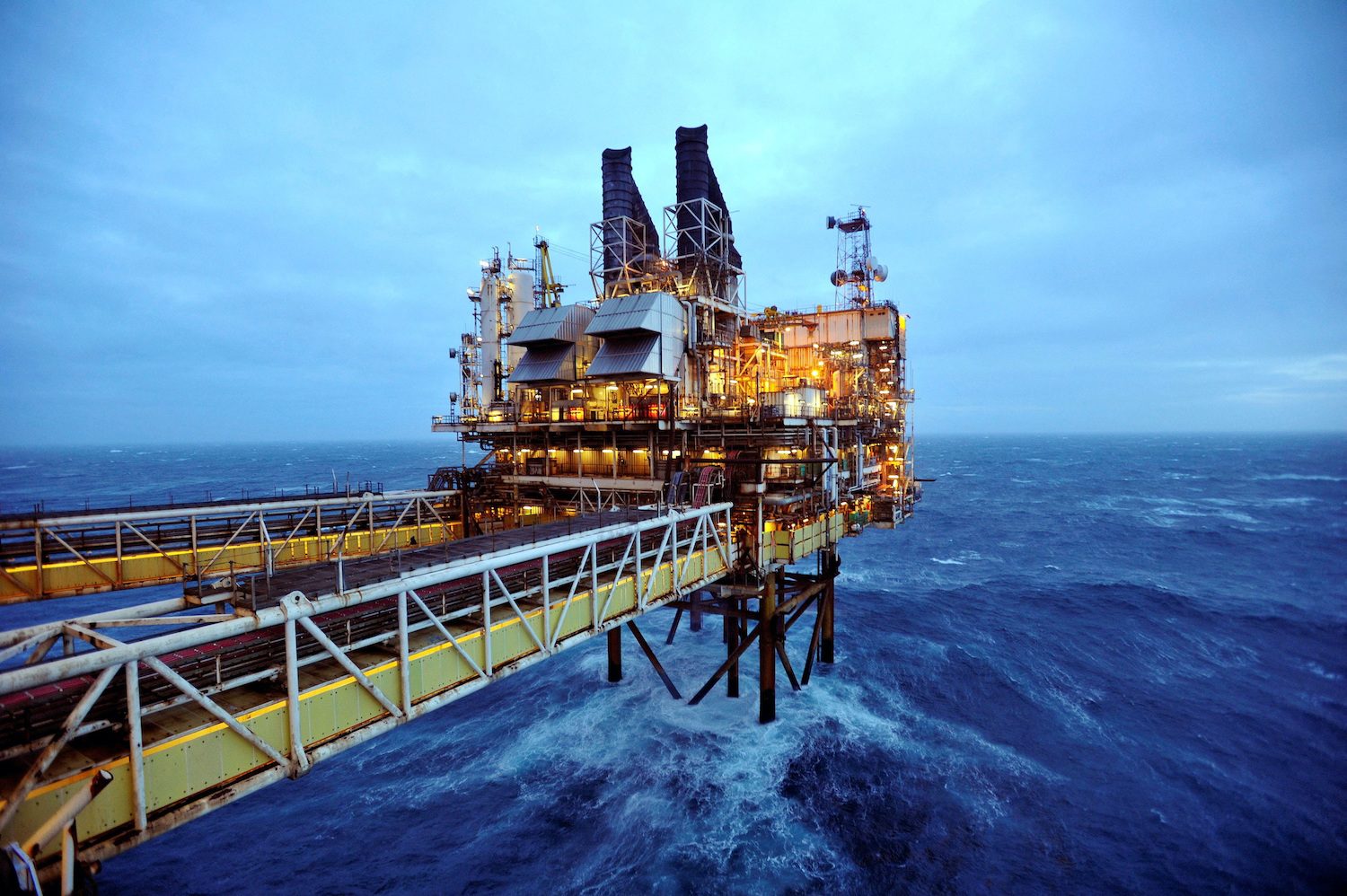The head of the world's leading oil producers' cartel is urging a significant increase in investments across the oil industry, warning of potential energy shortages on the horizon if funding remains stagnant. Haitham Al Ghais, Secretary General of the Organization of the Petroleum Exporting Countries (OPEC), highlighted a projected 23% rise in global energy demand by 2045, necessitating a substantial cash injection to secure reliable supplies for the future.
Ghais' comments, delivered at a recent energy forum, come amidst a complex energy landscape. The ongoing conflict in Ukraine has disrupted traditional oil flows, pushing prices higher and raising concerns about energy security, particularly in Europe. While some countries are accelerating their shift towards renewable energy sources to lessen reliance on fossil fuels, the OPEC chief maintains that oil will continue to play a crucial role in the global energy mix for decades to come.
According to OPEC's calculations, the industry requires a staggering $12.1 trillion in cumulative investments by 2045 to meet anticipated demand and offset natural production declines. This figure encompasses various sectors within the oil industry, with exploration and production taking the lion's share at an estimated $11.1 trillion. Investments in refining and manufacturing are projected to reach $1.7 trillion, while transportation and marketing infrastructure upgrades are expected to necessitate an additional $1.2 trillion.
Ghais emphasized that these investments are not solely about maintaining the status quo. He stressed the importance of a two-pronged approach, advocating for increased oil production alongside advancements in emissions-reduction technologies. This would enable the industry to contribute to a smoother transition towards a low-carbon future while ensuring energy security for current and future generations.
The OPEC leader's call for investment has garnered mixed reactions. Industry analysts acknowledge the potential supply crunch Ghais warns of, particularly if current investment trends persist. However, some environmental groups argue that prioritizing oil investments contradicts the urgent need to accelerate the adoption of renewable energy sources to combat climate change.
OPEC member countries themselves have a vested interest in increased investments. While high oil prices translate to significant revenue for these nations, long-term stability requires a steady flow of capital to maintain and expand production capacity. Ghais acknowledged this, urging collaboration between oil producers, consuming nations, and policymakers to create an investment-friendly environment that fosters long-term energy security for all.
The global energy sector stands at a crossroads. Balancing the need for secure and affordable energy supplies with the imperative to transition towards a sustainable future will likely remain a contentious issue for years to come. OPEC's push for increased investments in oil underscores the ongoing relevance of this traditional fuel source, while simultaneously highlighting the need for innovative solutions to bridge the gap towards a cleaner energy future.

